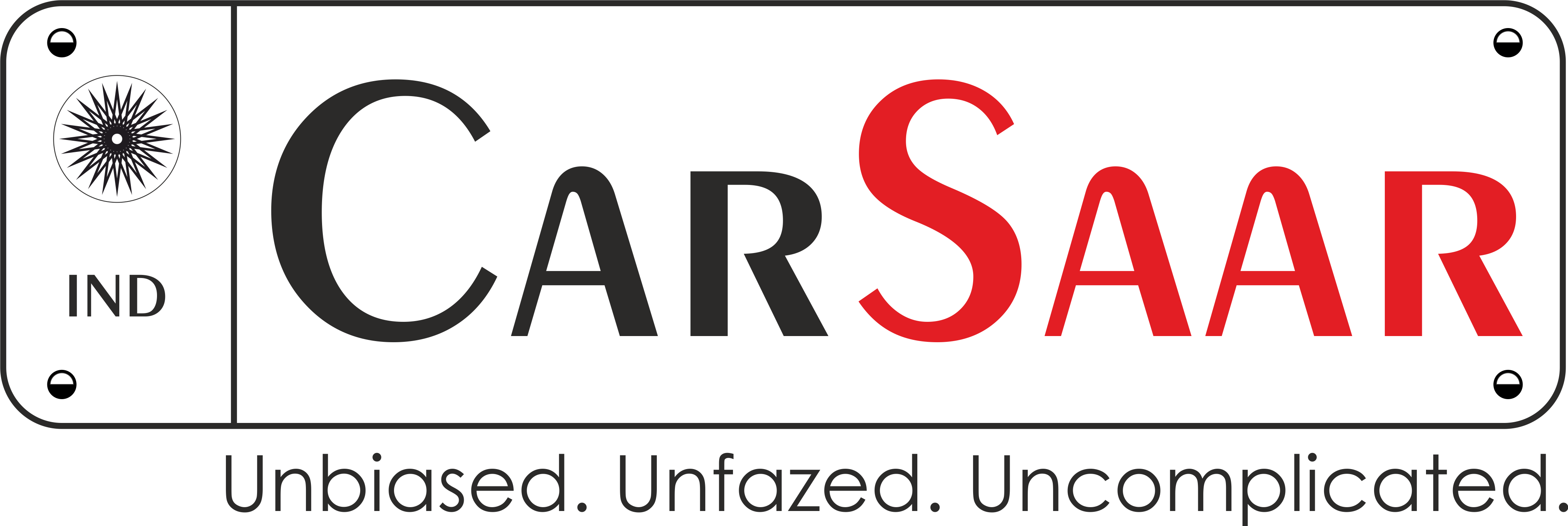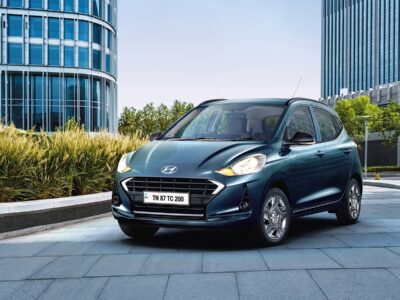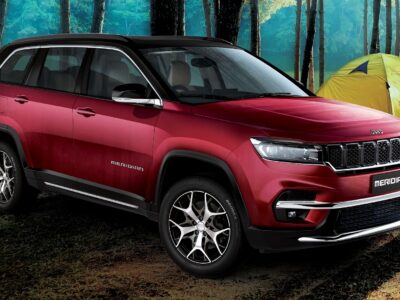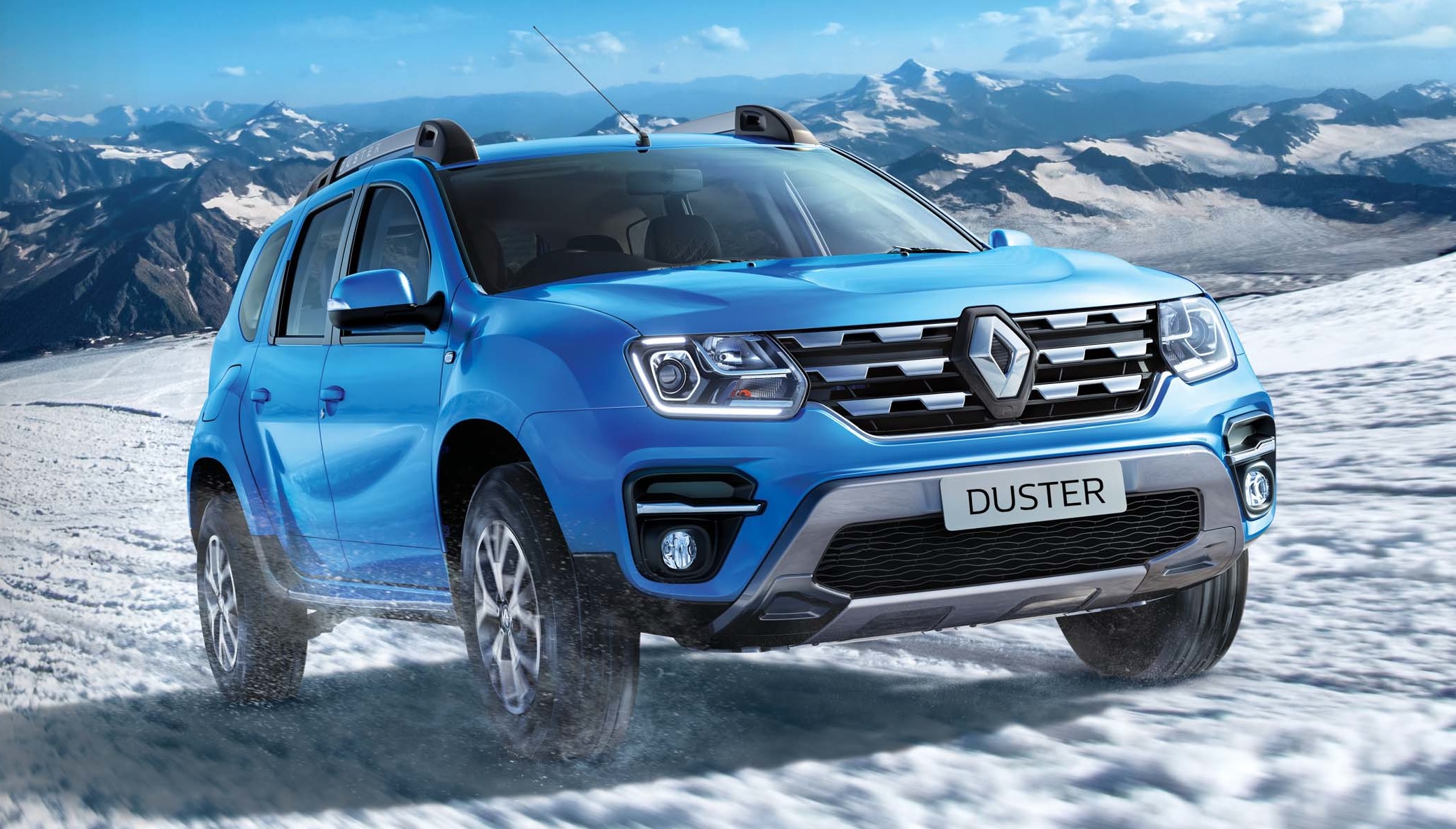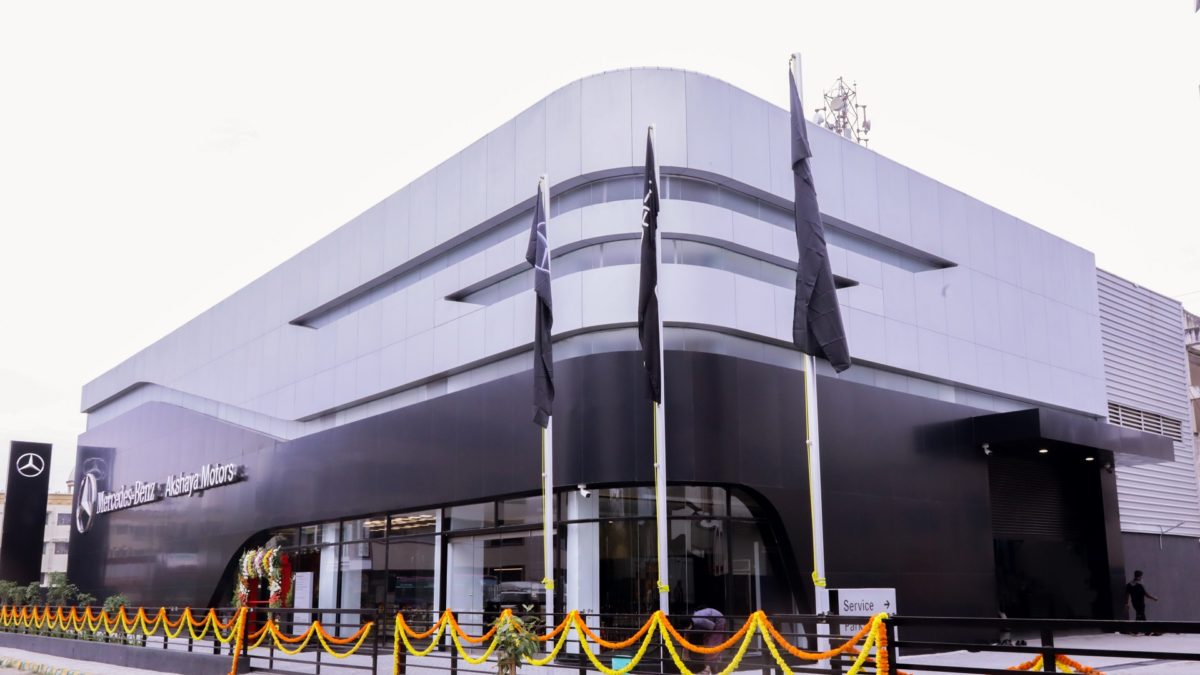Hyundai Motor India has decided that it will not follow the footsteps of Maruti Suzuki, which in April this year announced that it will stop selling diesel-fed models from April 1, 2020. The Indian arm of the South Korean carmaker has confirmed that it will upgrade all its diesel-powered models to meet the BSVI (Bharat Stage VI) standard of emission norms. The said norms will come into effect nationwide from April 1, 2020. In other words, all carmakers will have to sell BSVI-compliant models only.
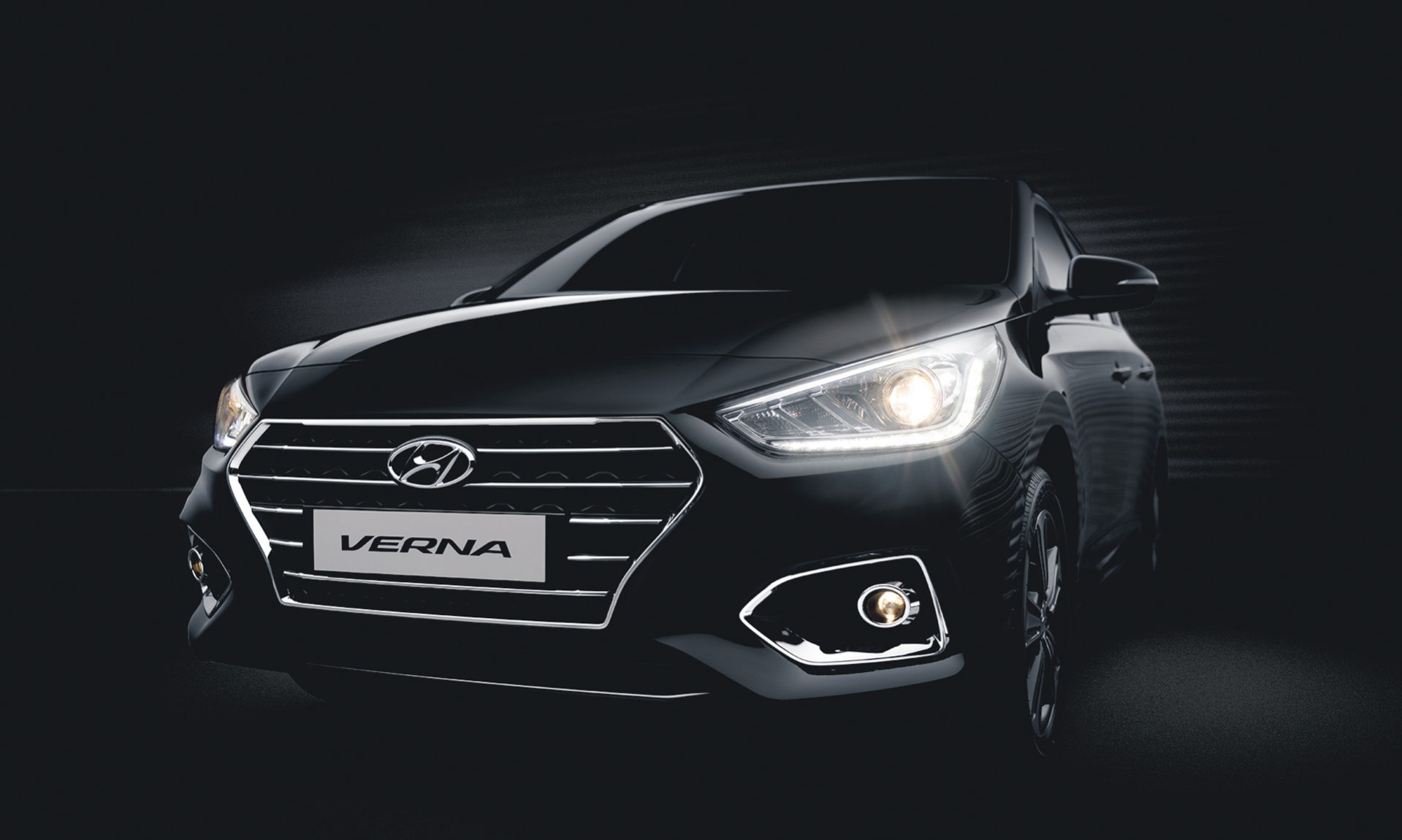
With the exception of the Santro, all other Hyundai models available in India are offered with at least one diesel engine. While the smallest 1.2-litre diesel unit is fitted to the Grand i10, the largest of the lot is a 2.0-litre mill that does duty in the Tucson. Up until now, Hyundai has not upgraded any of its engines, including petrol. The only mainstream carmaker which has started introducing BSVI-compliant cars is Maruti Suzuki. Both the facelifted Alto and the petrol-powered Baleno now meet the stricter emission standards.
Like Hyundai India, which yesterday entered the sub-4 metre SUV segment with the Venue, Honda Car India and Ford India will not be ditching diesel power from next fiscal onwards. Both companies have confirmed that although diesel models will become a lot more expensive than they are currently, their demand will still be available. Tata Motors, on the other hand, is expected to follow the third route. It will axe the smallest diesel engine it makes – the 1.05-litre unit that does duty in Tiago and Tigor – but retain and upgrade the 2.0-litre and 1.5-litre mills which power the Nexon and the Harrier.
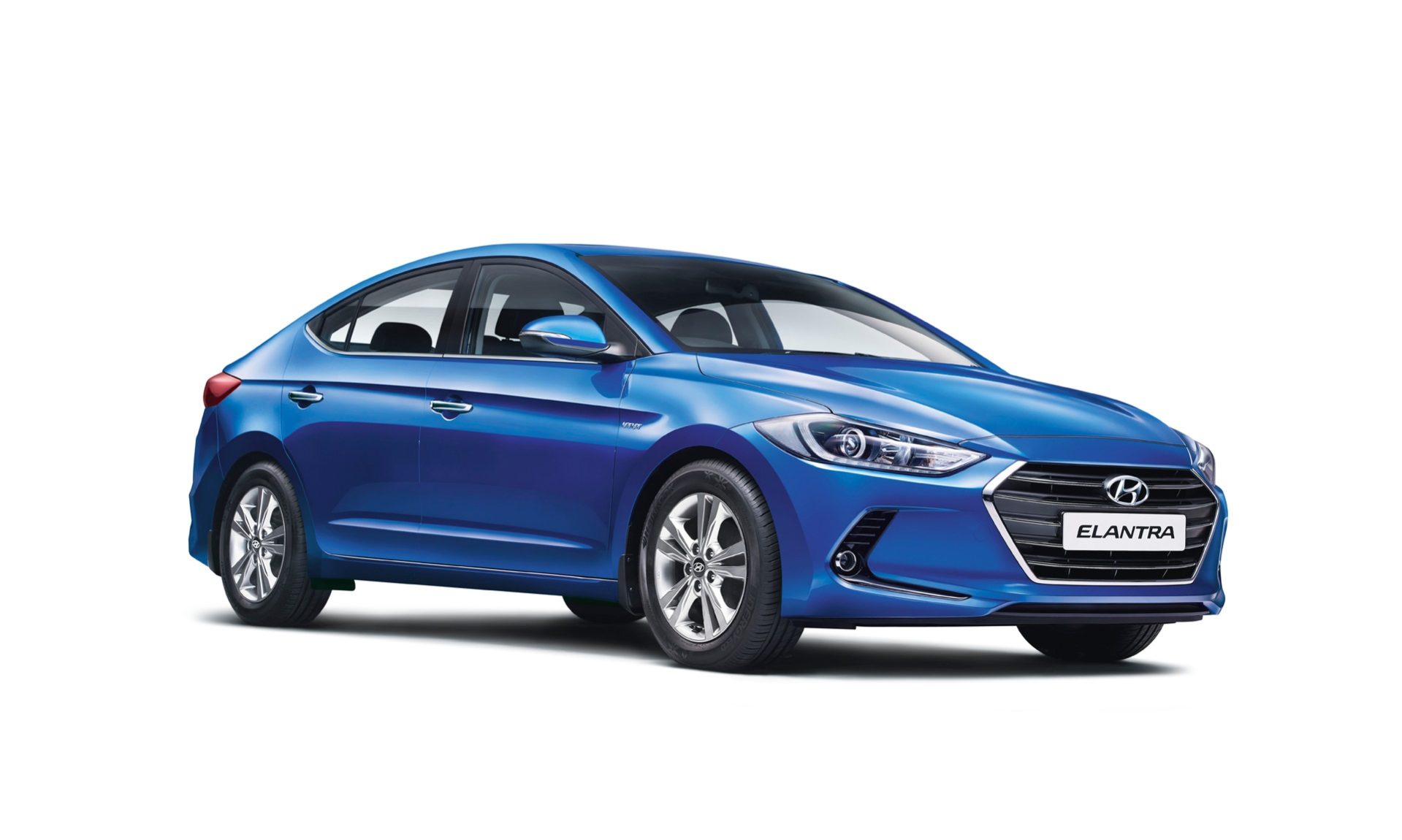
Apart from upgrading its product portfolio to BSVI standards, Hyundai Motor India is also expected to launch its first-ever electric vehicle in India – the Kona EV. The zero-emissions SUV will start its Indian chapter via the CKD route and, depending on how it performs in the market, it could move to a more localised assembly plan.

